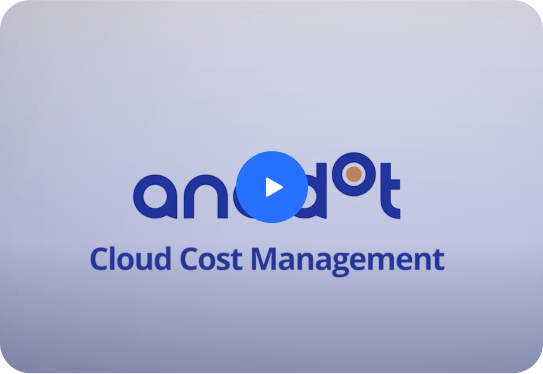Do you understand your Kubernetes application costs?
Kubernetes drives service agility and portability, but it also has one significant disadvantage: it is far more difficult to understand just how much each K8s-based application costs. Shared resources create challenges with cost allocation, cost visibility, and resource optimization.
Unlike non-containerized environments — where a solid mapping/tagging strategy allows you to estimate the costs for each application — Kubernetes enables multiple applications to run on each node, so traditional FinOps cost allocation no longer applies. As Kubernetes environments grow in complexity, costs quickly spiral if an effective optimization strategy isn’t in place.
Analyze your level of Kubernetes visibility
Gaining visibility into your container cost and usage data is the first step to controlling and optimizing Kubernetes costs.
When considering whether you have enough visibility to understand your application’s costs, ask yourself:
- Can you explain K8s costs and report on them accurately?
- Are your engineering teams accountable for the resources they provision?
- How do you allocate costs for shared and common K8s services?
- Can you report on the cost of individual containers on the clusters that your teams are operating?
- Can you calculate cost at the pod level? What about per pod label or namespace?
- For each dollar you invest in K8s, do you know how much revenue you generate?
- Is your team regularly reviewing policies and practices related to containerized cloud financial governance?
- Can you identify opportunities to optimize cloud resource utilization regularly?

